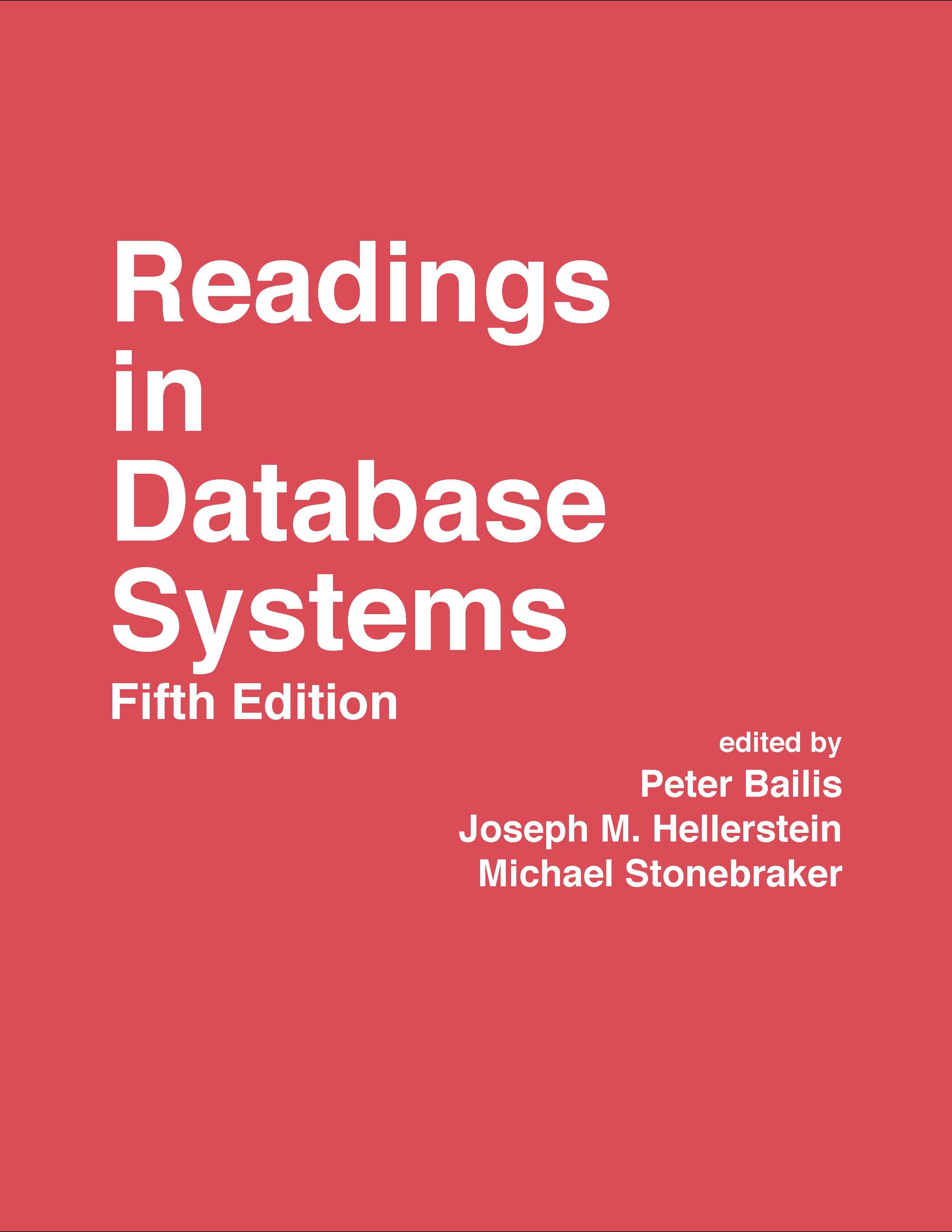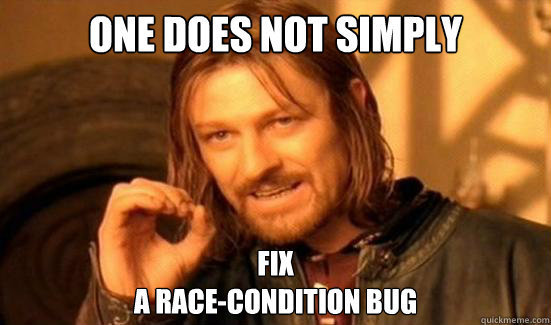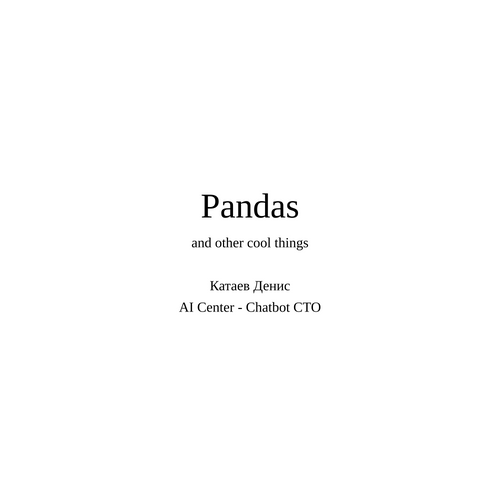Readings in
Database
Systems
Кафедра аналитики больших данных и методов видеоанализа
гр. РИМ-150301
ст. Катаев Д.А
Authors
Peter Bailis
Joseph M. Hellerstein,
and Michael Stonebraker
a computer scientists specializing in database research
Fifth Edition
Ten years have passed since the previous edition of Readings in Database Systems

Red Book

Collections of comments
for academic articles
The book contains a mix of classic, traditional papers from the early database literature as well as papers that have been most influential in recent developments
Table of contents
- Background
- Traditional RDBMS Systems
- Techniques Everyone Should Know
- New DBMS Architectures
- Large-Scale Dataflow Engines
- Weak Isolation
- Query Optimization
- Interactive Analytics
- Languages
- Web Data
- A Biased Take on a Moving Target: Complex Analytics
- A Biased Take on a Moving Target: Data Integration
Background
Buzz about JSON

Map-Reduce

Map-Reduce is not an architecture with any broad scale applicability.
Main idea of 1 chapter
In summary, in the last decade nobody seems to have heeded the lessons in “comes around”. New data models have been invented, only to morph into SQL on tables.
Hierarchical structures have been reinvented with failure as the predicted result.
People seemed doomed to reinvent the wheel!
Weak isolation
Serializable transactions are the canonical solution to the problem of concurrent programming
but this is seldom the case in real-world databases

Serializability typically incurs a three-fold performance penalty
The most common
weak isolation level called Read Committed
This is main reason what weak isolation exists.
Weak mean bad?
Depending on the application
Hackers are coming

The cure
Without concurrency, most implementations of weak isolation deliver serializable results.
For example, at Facebook, only 0.0004% of results returned from their eventually consistent store were “stale”
Conclusion

Thank you for the attention
Red Book
By Denis Kataev
Red Book
- 1,154



